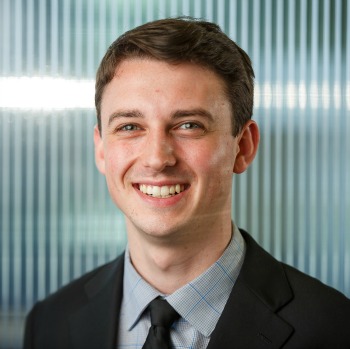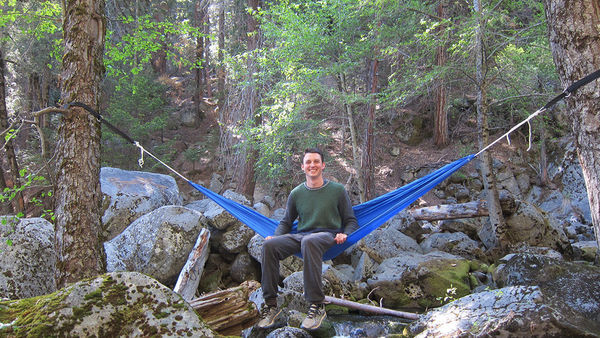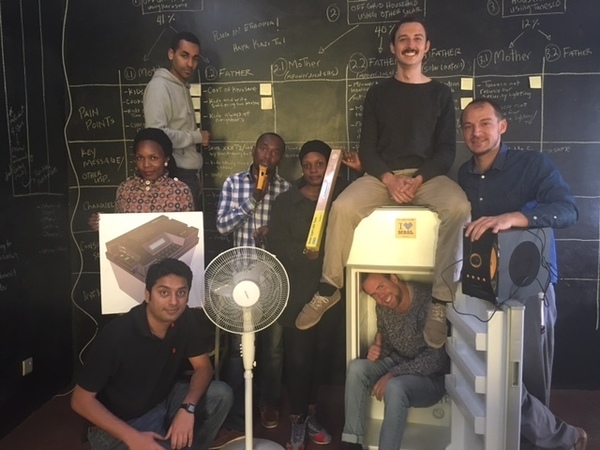 Photo of student Matt Hansen
Photo of student Matt Hansen
As a member of the ESTEEM Class of 2015, Matthew Hansen learned to canvass potential customers to gauge the demand for products and identify the most desired features. Working in the product development unit of Mobisol in Arusha, Tanzania, he plays a part in field visits for face-to-face interviews and observations, conducts telephone surveys and focus groups, helps decide whether to create the product in-house or source it elsewhere, and runs pilot programs to assess the feasibility of adding the item to the company’s line.

“I feel like during my year in ESTEEM, that was a lot of the focus – starting with the end user, in other words the customer, and trying to figure out how their needs can intersect with what you can uniquely provide to them through doing a lot of interviews and observations,” he says. “That was the most valuable part for me: first focusing on the end user and not the product or the technology.”
Hansen, who earned his undergraduate degree in chemical engineering at the University of Pittsburgh and wrote his ESTEEM capstone thesis on a multidimensional workout application software, has family ties to Tanzania. His parents were missionaries there in the 1980s, and his mother, Anne Marie Witchger Hansen, an adjunct professor at Duquesne University, returns at least yearly to conduct research in occupational therapy. He joined her on a trip four years ago and became interested in working on solar power in the country.
Mobisol, based in Berlin, provides households and small business pay-as-you-go energy through the combination of microloans and solar home systems (SHSs); users own the SHS after making payments for three years. Every SHS has a GSM connection which locks the system if payments are overdue and collects data about the battery, solar panels and electricity usage to predict maintenance and repair cases. The company also provides means to generate income through electricity, such as hair clippers and phone charging, that help make the payments.
“We do all the engineering and design in-house,” Hansen says. “The strategy and engineering takes place in Berlin while the majority of Tanzania and Rwanda would be a mix of operations, including sales and marketing and on-the-ground development work like I’m doing, piloting a lot of new products before moving them into operations.

“The majority of our customers are switching from kerosene lighting. It’s not only a health hazard but also a lot more costly than what we provide. Our SHS is geared toward rural homes, off-grid customers.”